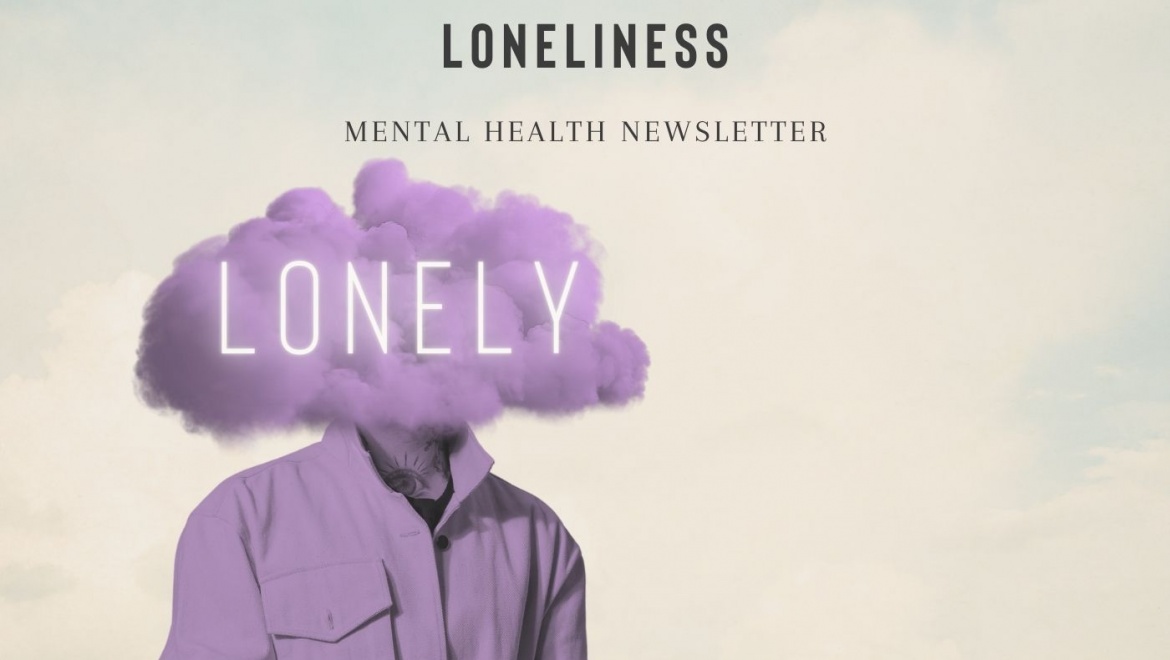Carl Jung, the pioneering Swiss psychologist, once said, “Loneliness does not come from having no people about one, but from being unable to communicate the things that seem important to oneself, or from holding certain views which others find inadmissible.”
This profound insight reminds us that loneliness is not solely determined by external factors, but also by our ability to express ourselves authentically and connect with others on a deeper level. It underscores the importance of authenticity and communication in overcoming loneliness.
Jung’s quote also throws light on the common presumption that loneliness is directly caused by isolation. As we know, there are some people who prefer isolation compared to some others and are happy with it as a way of life, but are not necessarily feeling lonely or disturbed.
Understanding loneliness then becomes a deeper quest and there are several evidenced strategies recommended in psychotherapy that can help:
- Understanding What Needs Expression: What am I wanting to express? What do I want for myself? Go back to what Carl Jung is trying to convey about not being able communicate something that is important to oneself.
- Recognising External Contributing Factors Adding-on: Alongside, let’s also reflect on what might be externally contributing to lonely feelings – Is there an event that has deeply impacted me, I haven’t had full closure on? Is it a recent life change, such as moving to a new city, cutting ties with close person/s, or a long-standing issue like a lack of intimacy or relationship in life?
- Minimizing Doomsurfing & Screen-time: Regulating screen-time has real benefits and can reduce anxious feelings. If you struggle with distractions a lot, like most of us do over the internet, one helpful practice could be to write down the benefits of minimizing it and posting it on your wall! Look at it often and connect this to your other personal goals.
- Engaging with Communities in-Person: This could involve reaching out to old friends, seeking support, volunteering, joining clubs for hobbies, enabling creative outlets, joining organisations that interest you, or attending social events in your community. Physical engagement helps to get out of your mind too.
- Practicing Self-Care: Pressing pause on busyness to engage in personal activities that promote your physical and emotional well-being, such as exercise, meditation, or spending time in nature, self-grooming, activities that help you to mindfully expand moments of joy. It is the mindful presence in all of it which helps to flourish!
- Practicing Self-Compassion & Seeking Professional Help: If feelings of loneliness persist and interfere with your daily life, be kind to yourself and consider seeking support from a therapist or counselor before it becomes worse. We at AltMindShift can help you in times of despair and are just a call away!
- Challenging Negative Attitudes & Thinking Habits: Loneliness can sometimes generate from negative thought patterns, such as self-doubt or self-criticism, self-pity or contempt towards self or resentment for others. And when we are stuck in the loop, our dysfunctional behaviors also continue with us. These disturbances then need more than simplified self-care practices & this is where our expert qualified team of psychotherapists (5-15 years in practice) can help out with long lasting strategies to cope with challenges.
- Checking the Impulse to Turn to Toxic Positivity: Sometimes, we are tempted to turn directly to positivity in order to cope with feeling negative, without realizing that it can either suppress or numb our pain sensations or increase despair when it stops working, if our external reality is not changing. Many a ‘motivational channels’ on YouTube not checked for their credibility have ended up doing more damage than good to our own clients.
- Engaging in Acts of Kindness: Helping others can boost your mood and foster a sense of connection. Looking for opportunities to volunteer or perform acts of kindness in your community in ways that are meaningful to you can also be another way of living mindfully and indirectly curbing negativity.
In conclusion, I could say that a combination of evidence based practices help in overcoming loneliness.
If you would like to hold a meeting with us on our Employee Wellbeing Programs, simply fill out our Contact Form so we connect with your Organisation.
If you would like to be added to our weekly Mental Health Newsletter group, please send us a Whatsapp to the number below.
About the Writer:
Rajita Ramachandram
Founder & Head Psychotherapist (practicing for 15 years)
Corporate Wellbeing Consultant,
Emotional Intelligence Speaker,
Associate Fellow of Albert Ellis Institute, NY, USA,
AltMindShift.
+91-9967035943
Mental Health Organisation & Employee (EAP) Wellbeing Consultancy


